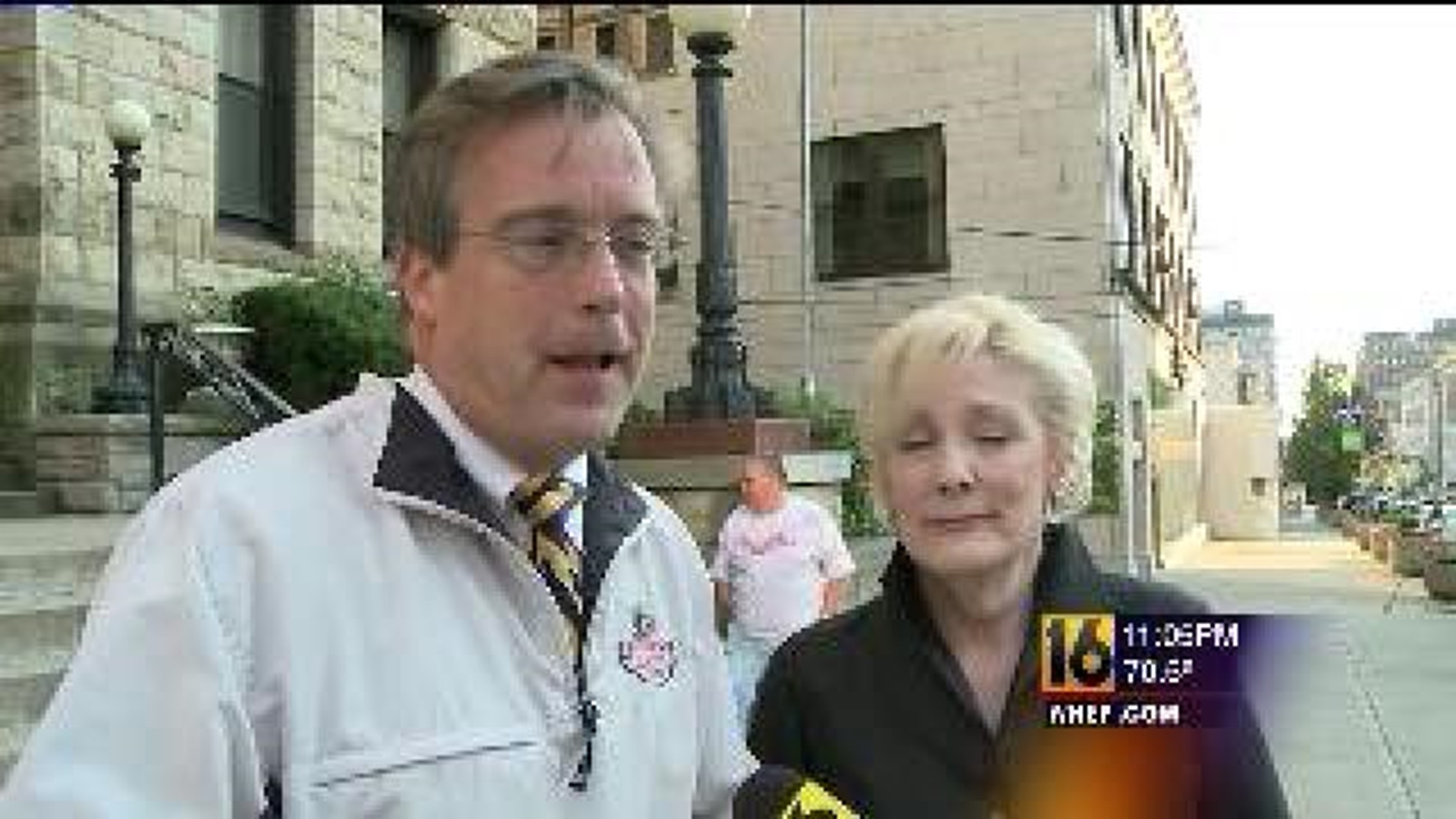SCRANTON -- Things seem to looking brighter for the Electric City’s financial situation.
Thursday night Scranton City Council approved a three-year recovery plan in an effort to get the city out of debt, which clears the way for an infusion of funding.
With a vote of four to one, Scranton City Council passed the city`s three year recovery act.
The plan calls for a commuter tax, a sales tax, an amusement tax and payments in lieu of taxes from non-profits in the city, such as universities.
With those taxes in place, council said property taxes would increase by 35 percent over the next three years versus Mayor Chris Doherty`s initially proposed 78 percent increase.
“I`d say that this is the beginning of the victory for the tax payers of this city. We certainly didn`t get ourselves totally out of the hole but we`ve definitely come along way,” said resident Doug Miller.
However, not everyone at council`s meeting was on board.
“As if this recovery plan is going to turn this city around, I don`t know. I don`t think it is,” said one speaker.
However city leaders said in nailing down this plan is the city has finally secured a loan from a bank.
Mayor Doherty and council president Janet Evans said Amalgamated Bank in New York City will give Scranton $6.2 million as a tax anticipation note, meaning the city will pay back the money using expected earned income tax the city plans to get.
The mayor said this plan has been given the green light by the Pennsylvania Economy League.
“I have to give credit to the bargaining units and the council for bringing this all together and the state has already vetted the plan,” said Mayor Doherty. “So the plan that will be approved tonight, they have already signed off on, it comes from them.”
Since the plan has been put in place, the city will also receive a roughly $2 million loan from the state Deparment of Community and Economic Development.
“Throughout the next three years, the city, the county, the state, the non-profits, everyone needs to work together to realize all the goals of the recovery plan,” said Evans.
Those new taxes included in the plan still need to pass legislation before they can be implemented, and it will be up to the non-profits if they want to give money to the city.

